If you rely on a well for water, you know that a well pump is essential for getting the water you need into your home. But how long should your well pump run? Luckily, we have done some research for you, and here is what we found.
Well pumps shouldn't run continuously for more than one or two minutes at a time. If your well pump is running continuously for more than a couple of minutes, it can damage the motor. It's also a sign that your well pump needs some maintenance.
Jet pumps and submersible pumps are the two major types of well pumps. Keep reading to get detailed information on how well pump works.
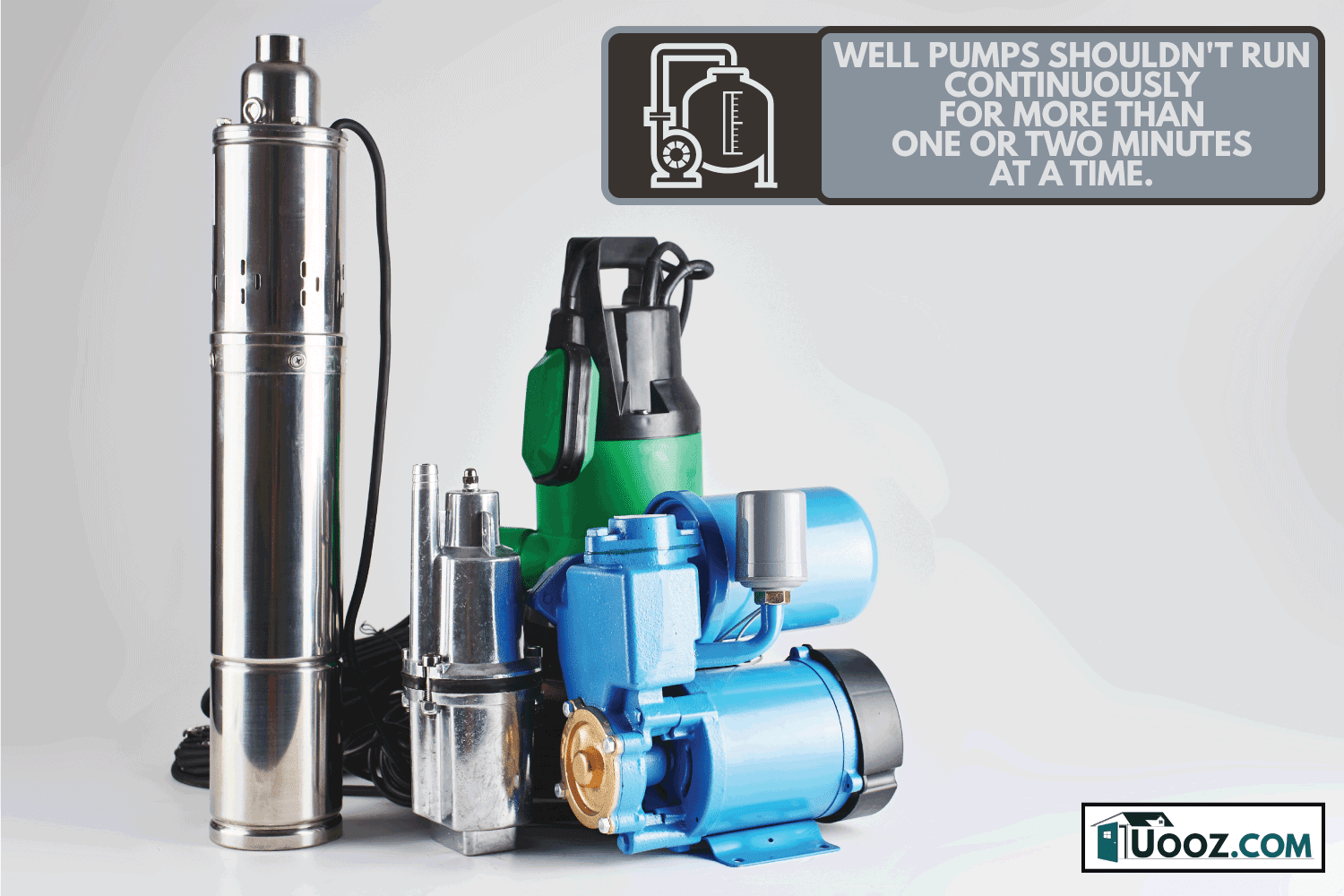
How Long Can A Well Pump Run Continuously?
It is possible for a starter kit sump pump to run for up to 24 hours. An ordinary one can run continuously for 6 to 8 hours. But it is not okay for a well pump to operate continuously. As a matter of fact, if this issue starts, you will quickly notice that your monthly electric cost is increasing.
Water drawn by a well pump is pumped into a storage tank so that it can remain there until it is needed. When the engine is turned on, water will be drawn into the pump, and the pump will then force the water to the surface, where it will be stored in a pressure tank.
When water is pumped into this pressure tank, the air pressure inside the tank will rise until it reaches a certain predetermined level, which can be anywhere from 40 to 60 pounds per square inch (psi). When you turn on a faucet in your home, the force of the lowering air pressure in the tank causes water to be pushed through your plumbing.
This occurs because water pressure increases when air pressure decreases. This will switch the pump back on whenever the air pressure decreases down to roughly 40 psi, and the pump will instantly begin to force more water into the storage tank once it does so.
To bring water to the surface, jet well pumps are installed above ground and are equipped with a motor and a suction line. Submersible well pumps are installed below the surface of the ground and work in conjunction with pressurized water to bring water to the surface, where it is then stored in an above-ground tank.
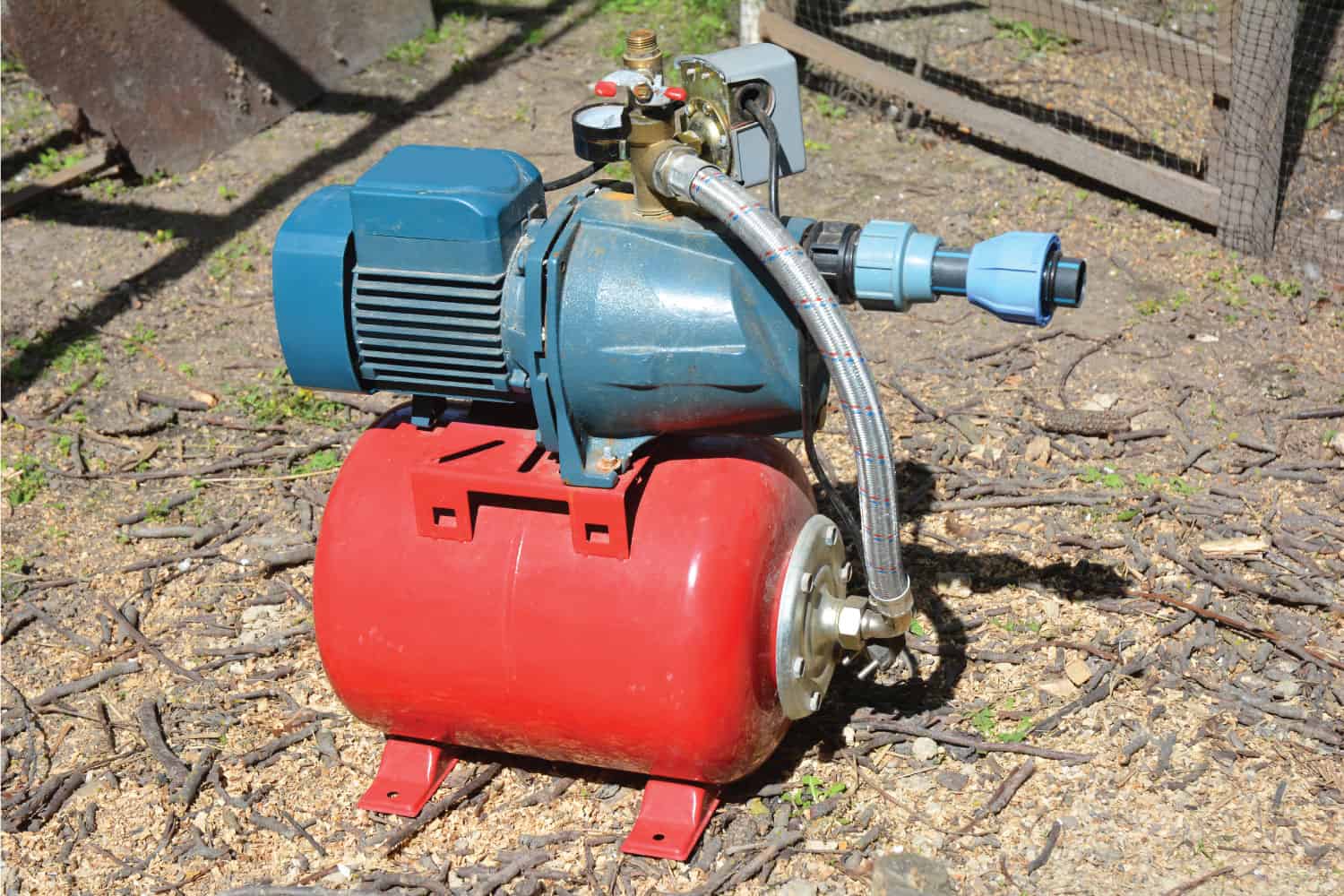
Will Well Pump Burn Out If It Runs Continuously?
If the unprimed pump is left to run for an extended period of time, it will eventually overheat and fail. Therefore, if you notice that your well needs to be re-primed often, you should get your foot valve checked by a professional as soon as possible.
How Long Does It Take A Well Pump To Cool Down?
When the pump is turned off, the motor is still running at a heated temperature; it takes approximately one minute for the motor to cool down to a point where it may be restarted without risk.
Therefore, the minimum rule of thumb has always been to work in intervals of one minute on and one minute off. It is much better for the motor to turn it on for two minutes and then turn it off for two minutes.
Why Is My Well Pump Not Shutting Off?
When a well pump reaches a predetermined pressure, it is programmed to automatically turn off. The water pressure throughout the system is decreased whenever there is a severe leak anywhere in the well's pipes. Therefore, in the event that the pressure is too low, your pump will not turn off but rather continue to operate.
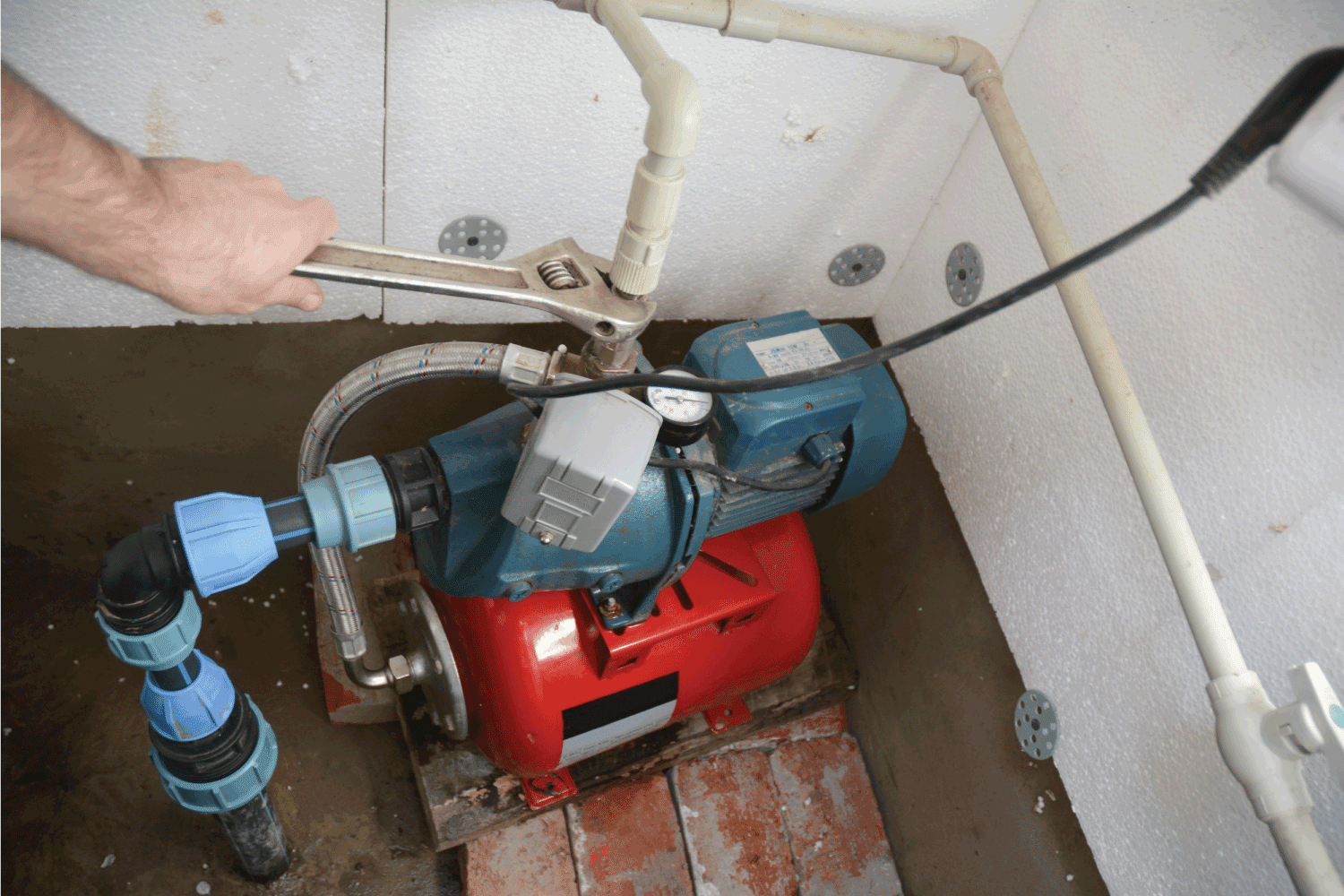
How Do You Tell If A Well Pump Is Going Bad?
Although water well has advantages over tap water, it also necessitates installing and maintaining your own equipment. Here are signs that your well pump is going bad:
A Drop In The Water Pressure
When you notice that the water pressure is decreasing, then your well pump may be going bad. Sticky valves and a failing pressure tank are also warning signs and an indication of a malfunctioning well pump. If your water contains a lot of iron, your pump may also become clogged with iron germs. This problem can be avoided by removing the iron.
Faucet Blowing Air
Your faucets intermittently spewing out air along with the water can be a serious warning sign. The well pump may draw in some air if the water table falls. This is the worst-case situation because it might necessitate a deeper well. The (iron or plastic) pipe that joins the pump to the water system may also have a crack, which can result in the same problem.
Pumping Sediment Or Sand
A well pump is typically situated 10 feet or more above the well's bottom, but with time, the well may "silt in," adding sand and silt to the bottom.
Sand and silt are quite difficult for the pump, so if the pump starts pumping them through, its performance will quickly deteriorate. In any case, the underlying issue needs to be resolved right if sand or silt is found in the water.
Changes In Water Quality
It is important to pay attention to any changes in the taste, smell, or colour of your water. While some of these problems may be brought about by a broken water pump, many of them indicate different problems. It's a good idea to stop drinking the water and have it analyzed as soon as you notice such a change.
Water Pump Continuously Turns On And Off
If your water pump is operating much more frequently than usual, there may be a more serious issue at hand. The well pump may run continuously if there are leaks in the house or in the well pump. The well casing, liner, or screen are further potential culprits.
However, a broken check valve is the most likely culprit. The "check valve" is used to prevent water from the pressure tank from returning to the well. As a result, when this valve malfunctions, water returns to the well, activating the pressure switch and turning on the pump continuously.
Loud Or Strange Sounds
It may seem obvious, but if you hear anything unusual, there may be a problem worth looking into.
Exorbitant Electric Bills
The amount of your electric bill may be an indication that the pump is working harder than it should due to various problems.
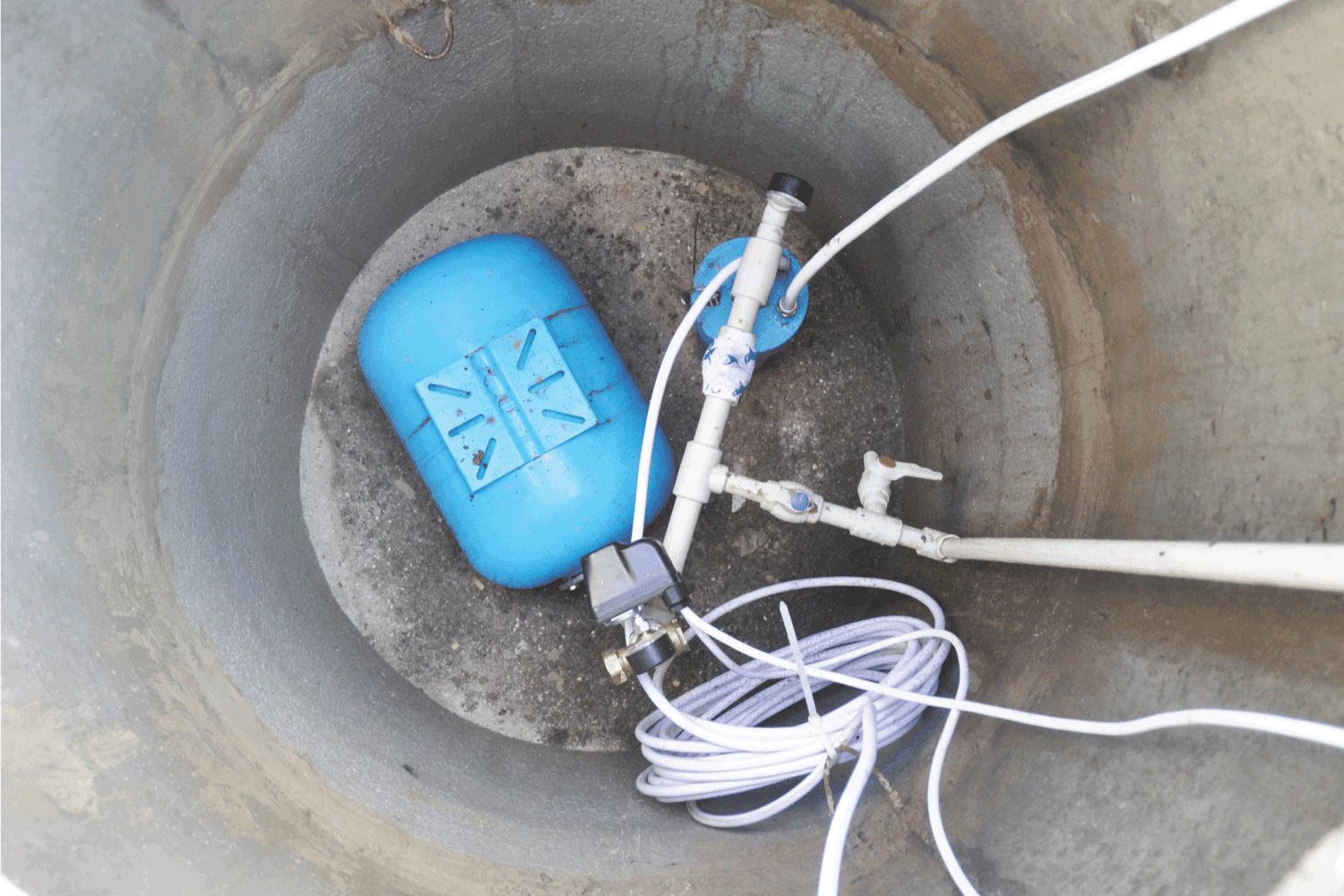
How Much Does A Well Pump Cost?
Depending on the size and kind of pump, a new well pump might cost anywhere between $1,330 and $5,300, not including installation. Jet pumps cost $400 to $1,200 whereas submersible pumps cost between $400 and $2,000 each. You should budget at least $1,500 for solar units. Hand pumps cost as little as $150.
Maintenance on your well pump should be performed once every one to three years at the absolute least. You should expect your well pump to last up to 15 years if it is properly maintained on a regular basis.
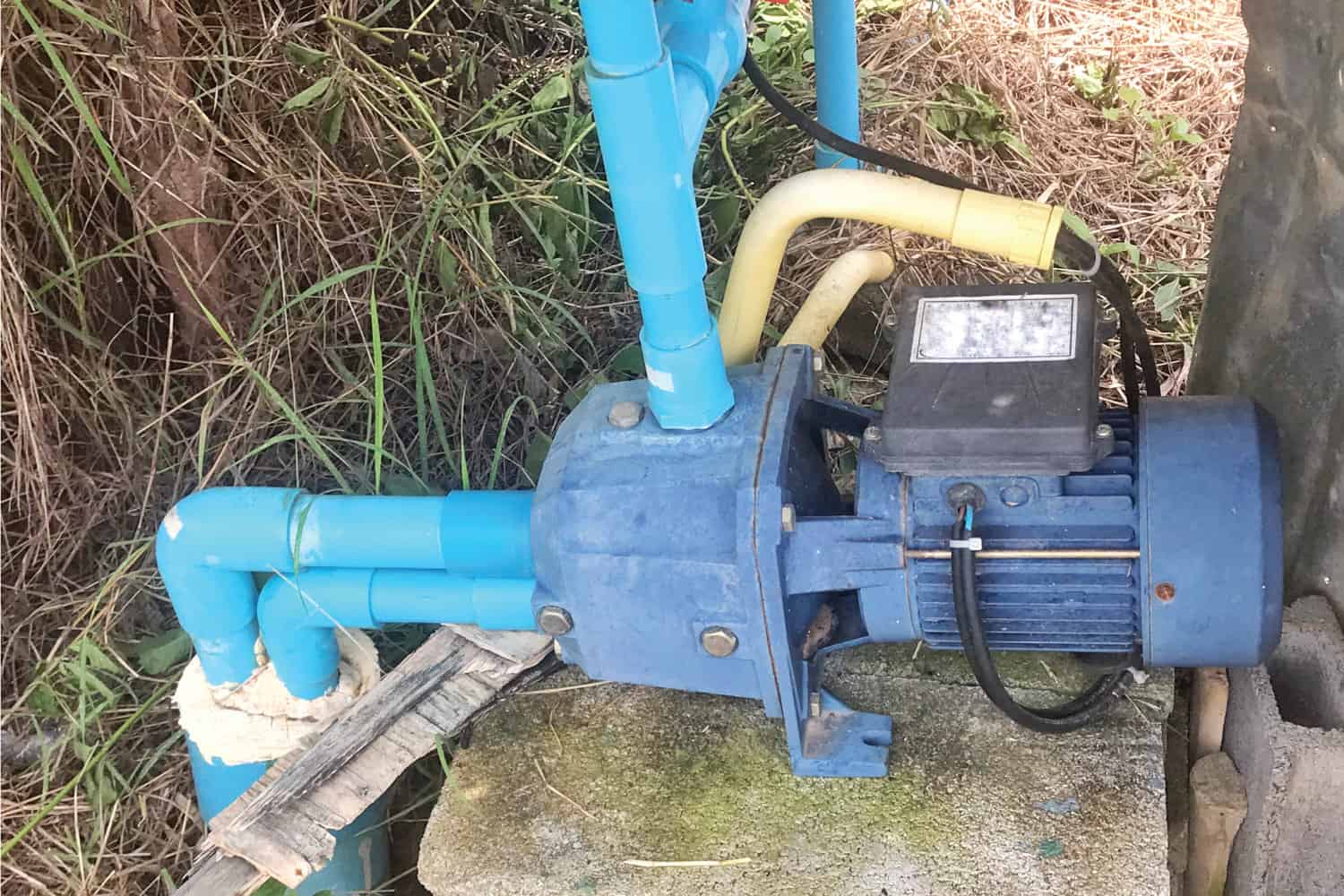
How Long Can A Well Pump Run Dry?
If the pump is only allowed to run dry for between 30 and 60 seconds at a time, the damage risk will be significantly lesser or absent. When the pump need to be run dry in order to empty the tank, the operator of the pump should take extra precautions to ensure that this will only take place for the shortest possible period of time.
Is It OK To Turn Off A Well Pump For The Winter?
Winterizing your water system is not needed if you have a deep well and the water pump situated below the frost line. If, on the other hand, your pump is located above ground or above the frost line, it is necessary to winterize it so it won't get damaged. This is significant because the volume of water increases as it freezes.
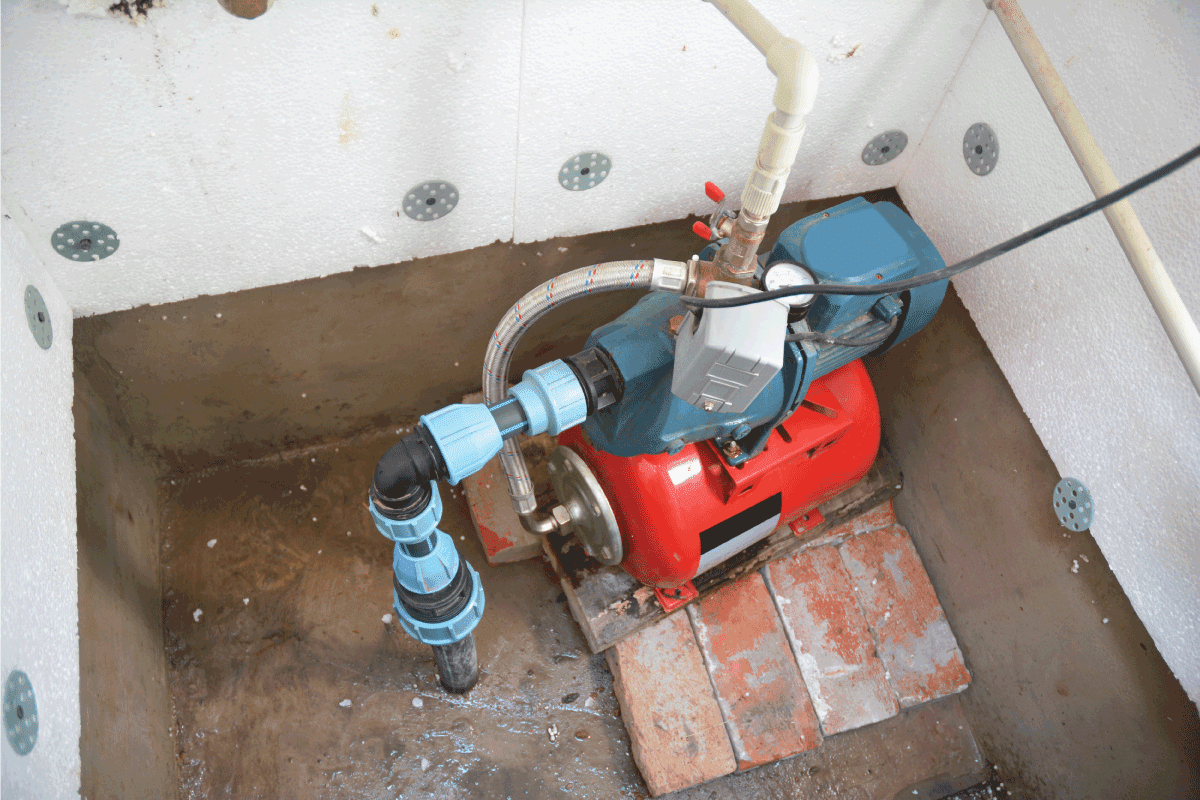
To Wrap Up
Regardless of whether a well pump is an above-ground or submersible type, it requires routine maintenance. This will save you both money and stress. Some pumps can run for up to 24 hours while others can run for 6 to 18 hours. It is better to note that the device may need a lot of time to cool down depending on how long it is used.
If you enjoyed reading this post, here are similar articles you may like:
What Should Well Pump Pressure Be Set At?
